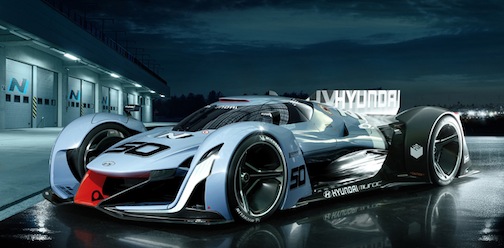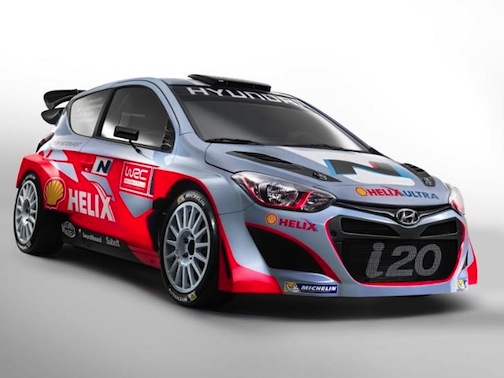Hyundai N: The New Standard of Performance?
Posted on Dec 19, 2022 in Racing | Comments Off on Hyundai N: The New Standard of Performance?

Hyundai: maker of cheap, utilitarian cars or competitor to established high-performance brands?
Most of us would agree that Hyundai, the South Korean automaker that introduced the 100,000-mile warranty, falls into the cheap, utilitarian category.
The carmaker gained its fame for building inexpensive alternatives to the mainstream brands, but in the process became a mainstream brand. The next challenge is to build cheaper alternatives to high-performance brands and try to change the landscape of the high-powered car business.
The best way to do that is to hire one of the industry’s most successful engineers and let him loose on a new performance sub-brand.
Ready be driven wild by Hyundai?
The BMW M brand is the performance standard by which all others are measured. Albert Biermann is the guy who, for the past 30 years, worked at BMW and brought the M brand to its legendary status. Last December Biermann ditched Germany for Seoul and became Hyundai’s executive vice president or, perhaps more informally, the company’s chief engineer of performance.
The result of that shocking shift is the new Hyundai N performance brand, which debuted, ironically enough, in Germany at the Frankfurt Motor Show.
An article at Bloomberg said,
Hyundai plans to improve and refine everything from the clutch paddle to the suspension when building N-brand vehicles to “change the character of the car,” Biermann said. The automaker is considering development of a new engine for the N series and may offer models in different segments, including SUVs, he said. Hyundai may also make hybrid N models, he said.
Two cars took the stage in Frankfurt. The Hyundai N 2025 Vision Gran Turismo concept car, an 884-horsepower race vehicle with a fuel-cell powertrain, represents Hyundai’s perspective on the future of performance.

Also present was the i20 WRC rally car, which will compete in the 2016 FIA World Rally Championship.
Both cars have undergone punishing testing, engineering, and development to be race-ready. It’s elements from these cars that will end up in showrooms, probably as high-performance versions of existing models.
The only problem, in my humble opinion, is Hyundai’s lack of rear-wheel drive in its current lineup.




